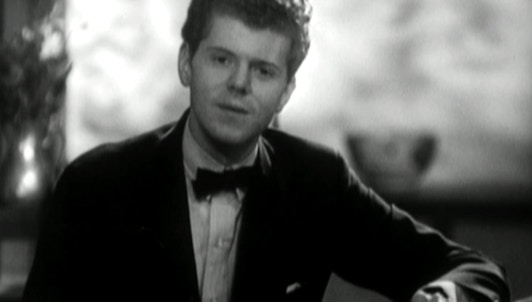Born on February 6th, 1903 in Chillán, central Chile, Claudio Arrau almost lived through the 20th century, and permanently left his mark on it as one of the greatest pianists.
As soon as he gave his first concert at the age of 5, Claudio Arrau was noticed as a child prodigy. He played for the Chilean president at age 6 and received a grant two years later to study at the Stern Conservatory in Berlin for 10 years. He studied with Martin Krause, who had been a pupil of Franz Liszt himself, and receives numerous awards, such as the “Exceptionnal Diploma” and the “Honour Prize” in 1925. In 1927, he won the Geneva international piano competition with Arthur Rubinstein and Alfred Cortot in the jury.
He then toured around the world with among other programs, complete works for piano by Bach, Mozart, Schubert and Weber. In Mexico, he gave the first cycle dedicated to the complete piano sonatas by Beethoven, which established him as a reference in terms of interpretation of this composer. In 1941, he left Germany with his family to settle in the USA.
The first record of a long discography was recorded in 1922. Maestro Arrau collaborated with the greatest orchestras and conductors of the century. As a Beethoven specialist, he performed the Piano Concerto n°5 “The Emperor” in concert more than 750 times and the Piano Concerto n°4 more than 800 times. He is also recognized as one of the finest romantic interprets.
His musical achievements in terms of performance and pedagogy were rewarded by many decorations such as the medal of the Royal Philharmonic Society, the Beethoven Medal of New York, The International UNESCO Music Prize, the French “Légion d’Honneur”…
He died in 1991, while he was attending the opening of the Johannes Brahms museum in Mürzzuschlag, Austria.


